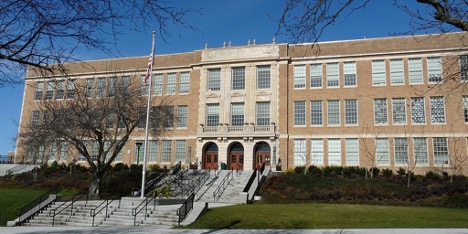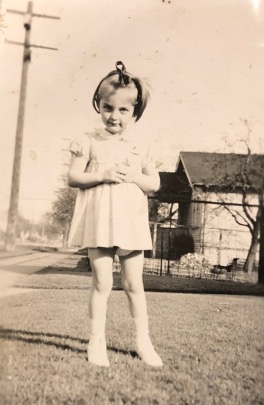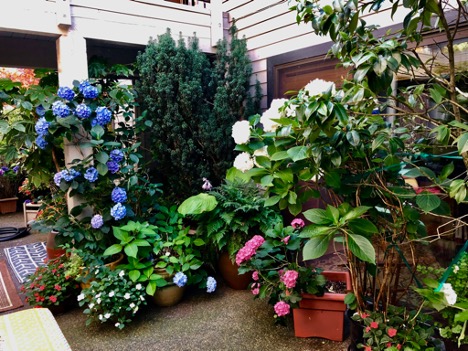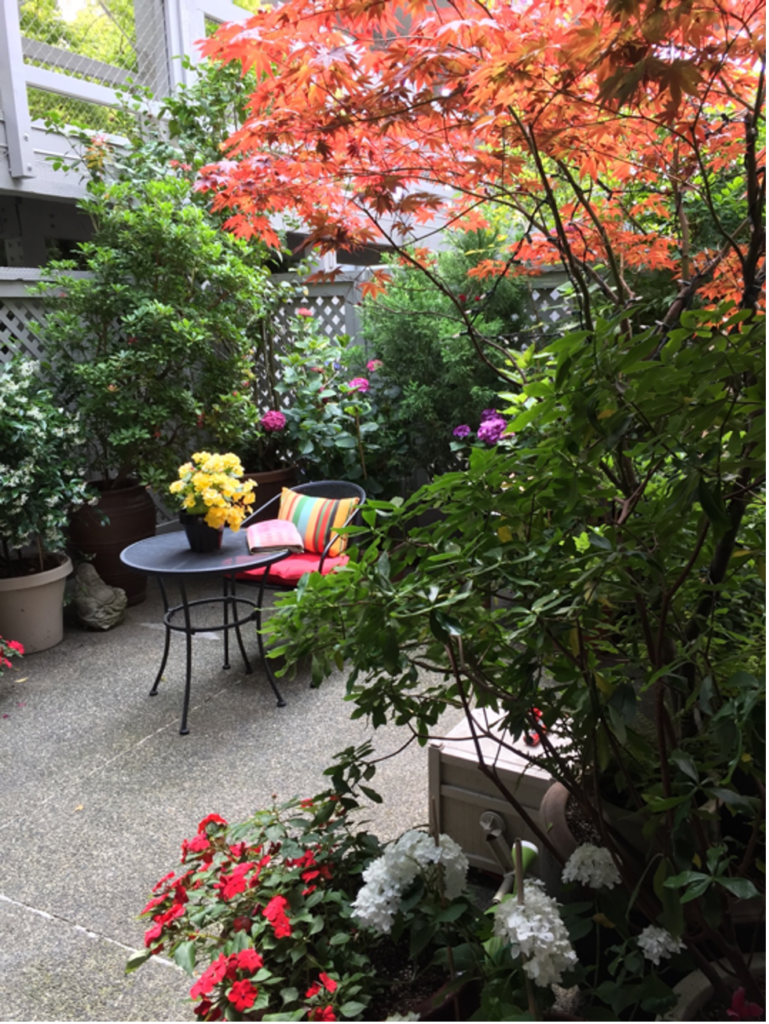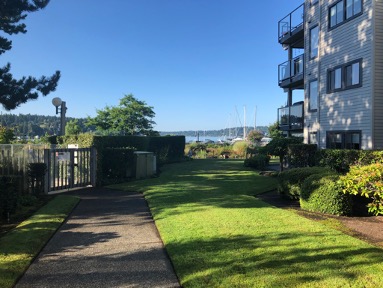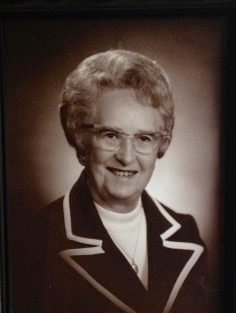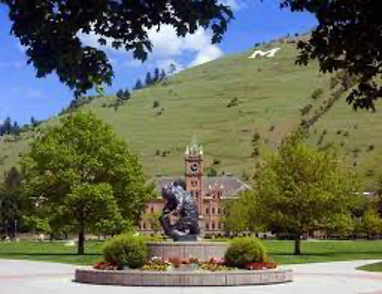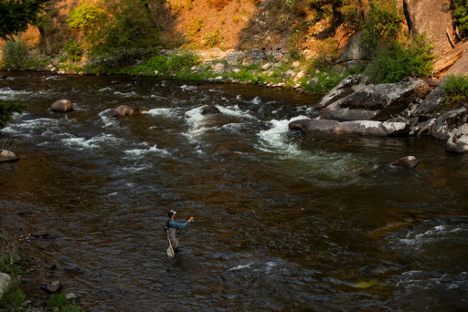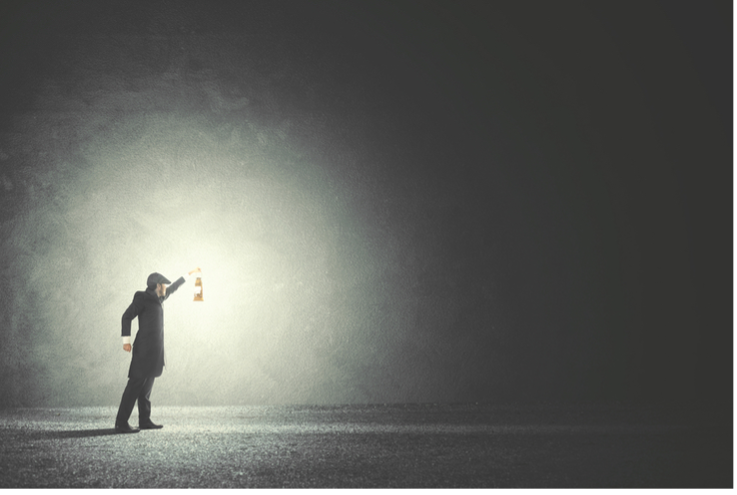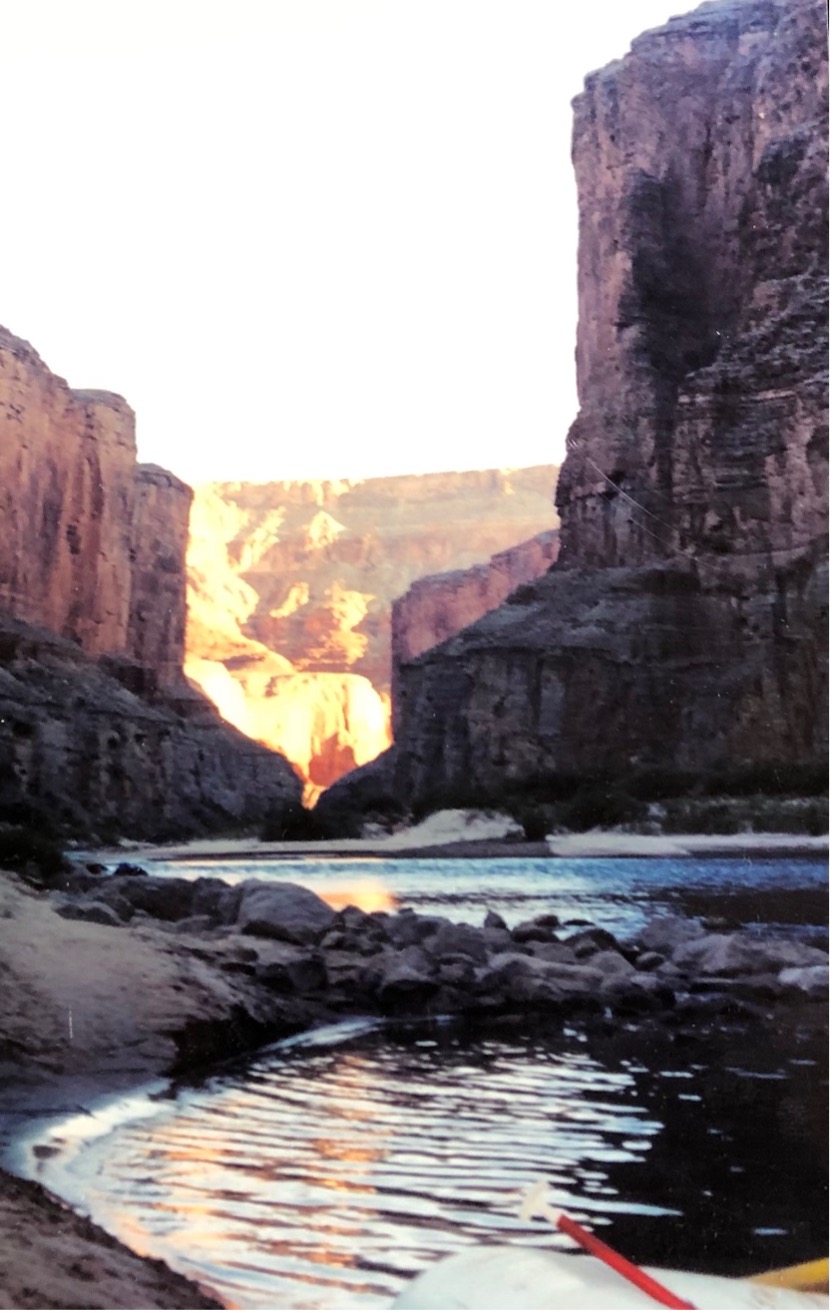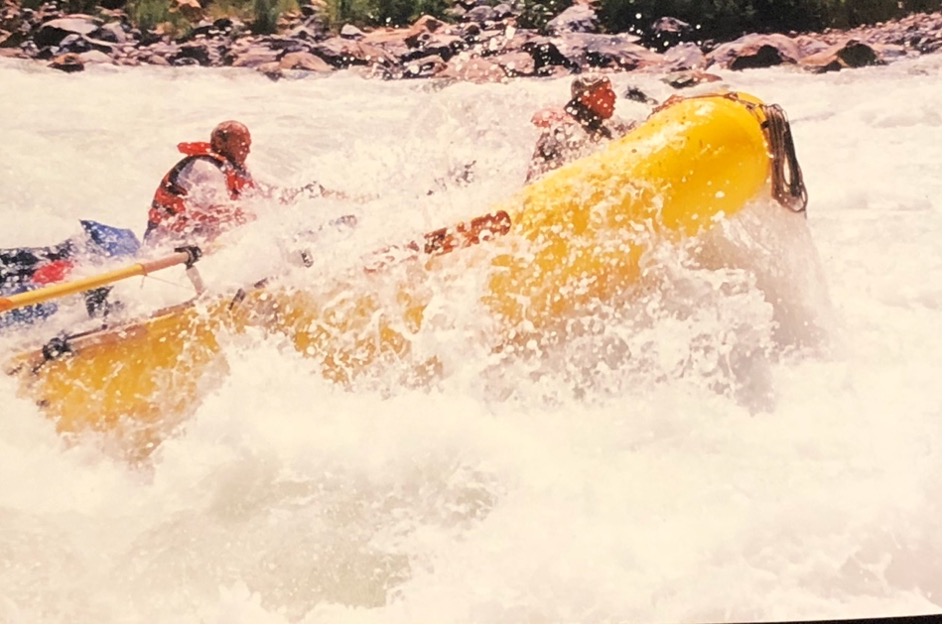I’ve always been a list maker, another vestige of my OCD – shirts hung according to color, shoes arranged by function, books by subject, music by artist, etc. So, 21 years ago it didn’t seem crazy to begin keeping a list of books (including plays and films) and restaurants, by year, so I could look back and refresh my memory. Around then time was collapsing, and what I thought was 10 years ago was really 5 and so on.
Recently, reading my high school English teacher’s obituary, I discovered she did the same – “7000 books, 3000 movies and plays and 27 countries visited.” Not the only similarity!
I’ve never written about it until now, but I had a bit of a crush on Ellen McComb Smith my pretty, young, demanding English teacher. She was always Mrs. Smith to me and “EM” to her faculty colleagues. I never dared call her Ellen though our friendship spanned nearly 50 years. The only time I used her first name was when I formally introduced her to my wife and daughter, “Abby and Diana, this is Ellen Smith, my favorite teacher.” Even then it was awkward, though we had been friends for 25 years.
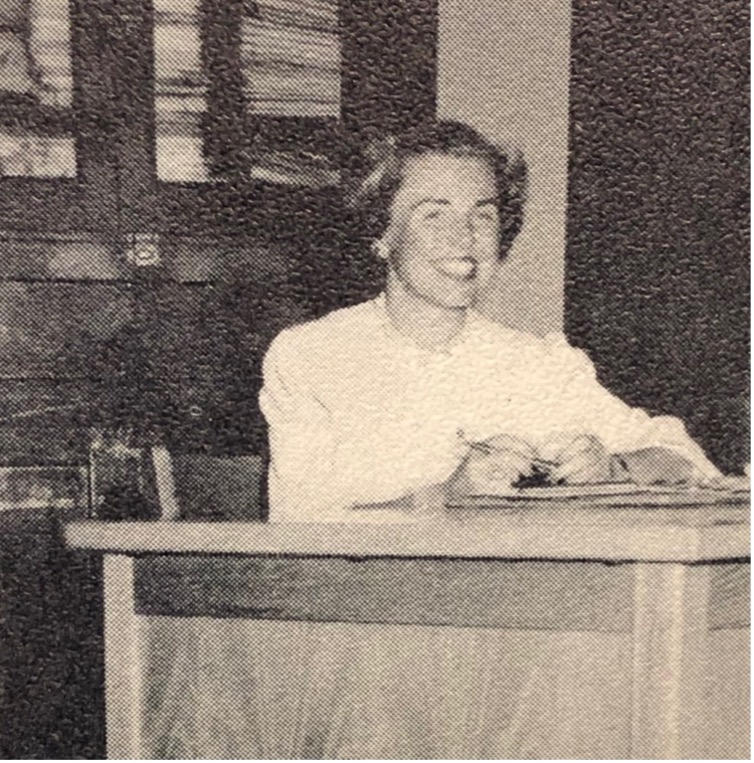
Back in high school I was a good student but indifferent and unchallenged. School was easy, and Mrs. Smith knew it. For some reason, she thought I had potential and made it her mission to jump start it. She began by suggesting books and writing projects I might be interested in. She urged me to get me off my ass (not in those words) and start reading books for ideas not story. Before my senior year she told me to take an elective literature course even though she wasn’t teaching it. I did, and had my first serious encounter with books. We read The Old Man and the Sea and Grapes of Wrath among others, and that class changed my life. I went on to major in English at the University of Washington and creative writing at San Francisco State.
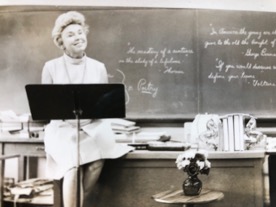
The idea for a love letter to Ellen came from reading Pat Conroy whose memoir My Reading Life tells a series of stories about people and books that have made a difference in his life – teachers, agents, booksellers, neighbors, family, and friends – none of them famous but all of them important influences. Conroy is the famous “southern writer” who wrote The Great Santini and Prince of Tides.
Early in My Reading Life, he introduces readers to his high school English teacher, Gene Norris, who encouraged “a profoundly shy and battered young man and changed the course of his life with the extravagant passion he brought to his classroom.” Mr. Norris was Conroy’s guide. Mrs. Smith was mine.
Conroy acknowledges he’s not in the same category as Dickens or Dostoevsky though many of the people profiled in My Reading Life thought he could be, just as Mrs. Smith knew I could do better. Conroy may not be America’s greatest writer, but he’s almost unparalleled as a storyteller. His bibliography is long – novels, memoirs, essays, and non-fiction – but the personal stories in My Reading Life are my favorites, wonderful character studies that honor his influences.
He begins by telling the reader that every fall Mr. Norris’s introductory lecture included “what he expected us to learn over the course of a year, the number of books he required us to read, and the quality of essays we would write. With English department funds, he had gotten each of us a subscription to The Atlantic Monthly and Harper’s Magazine. He expected us to have an intimate knowledge of current affairs and required that we become familiar with the New York Times.” Mrs. Smith did the same.
It’s been 67 years since my first class with Mrs. Smith, but I remember her suggestion that I read The Late George Apley, a Pulitzer prize-winning novel written by John P. Marquand. It failed to interest me, but in the lit class she recommended the following year, Santiago the fisherman, the Okie Joad family, Robert Jordan, and Jay Gatsby lit that flame and prepared me for college. I should probably take a second look at George Apley from this distance. I’m sure it would please Mrs. Smith.
Pat Conroy became friends with Gene Norris just as I became friends with Ellen Smith. She followed my career changes and when I visited Seattle, I never failed to visit the home she and her husband lived in for 54 years and where they raised their two daughters. When I became a Pan Am pilot and was flying to London she connected me to her brother-in-law who was a Foreign Service officer at the US Embassy, and later with her daughter who was an exchange student in Japan though we never got to visit there.
The last time I saw Mrs. Smith was a chance encounter at a museum in Seattle. After retirement, she developed an interest in miniatures and was working on her own French chateau. She was at the museum to see Queen Mary’s dollhouse, an exquisite miniature built for the Queen in 1920. When she asked about my family, I told her my children were in a private school in Sun Valley. She gently rebuked me for not supporting my local public school, though I hope the money I raised for Seattle Public Schools later made up for not meeting her expectation then.
I never saw her again. She suffered a major stroke in 1993, before I returned to Seattle. Marilynn did stop by at my request and wished her a good recovery but she passed away soon after.
RIP Mr. Norris, Mrs. Smith, and all the teachers who bring the best out in their students.
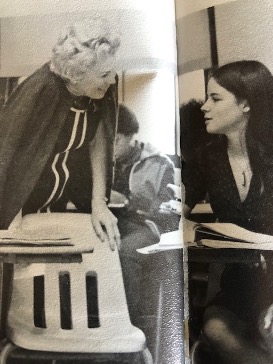
Epilogue
In researching Ellen Smith’s life and death I discovered another article celebrating her impact as a teacher. The writer, a journalist at The Daily Kos particularly admired the fact that she was a “proud card carrying member of the ACLU” in Roosevelt High School’s lily white conservative corner of the city.
